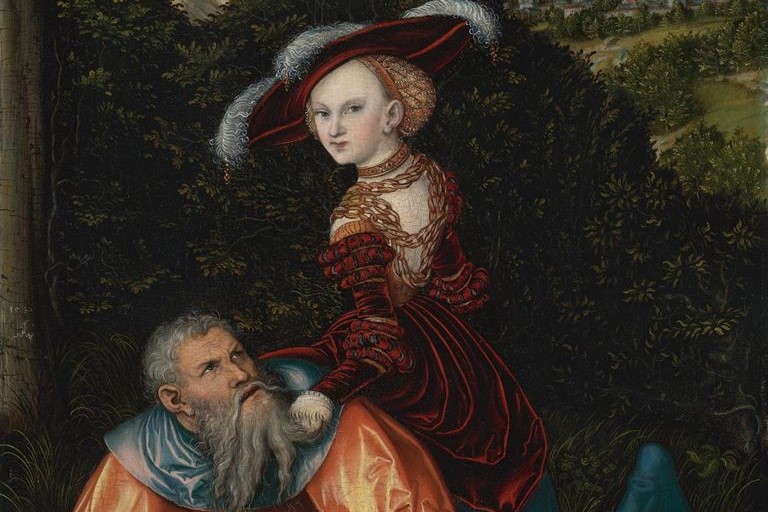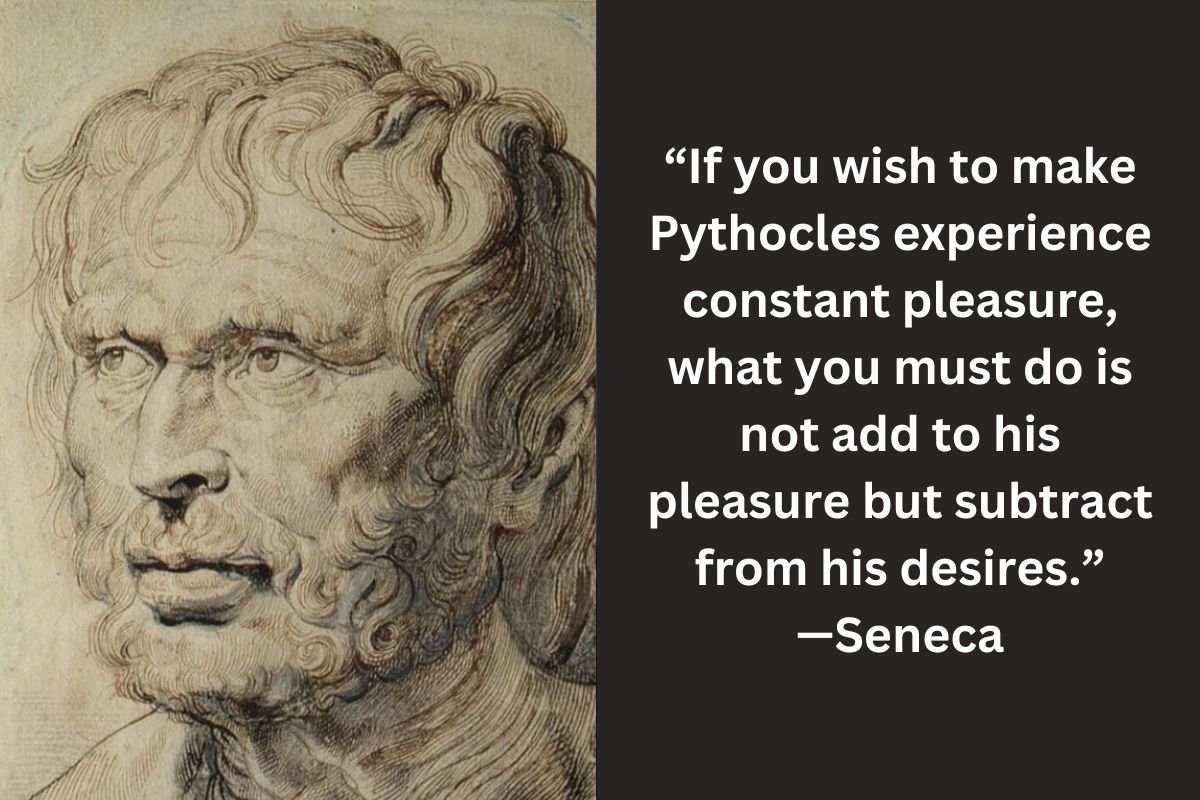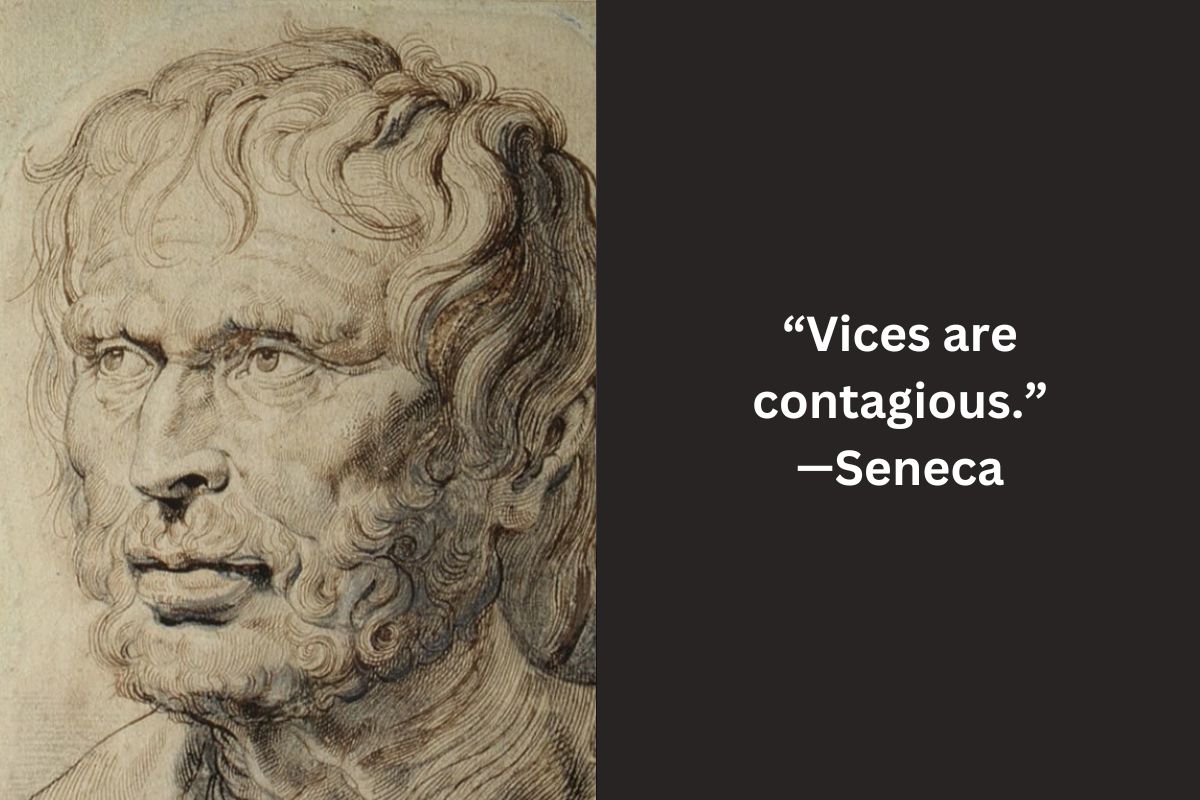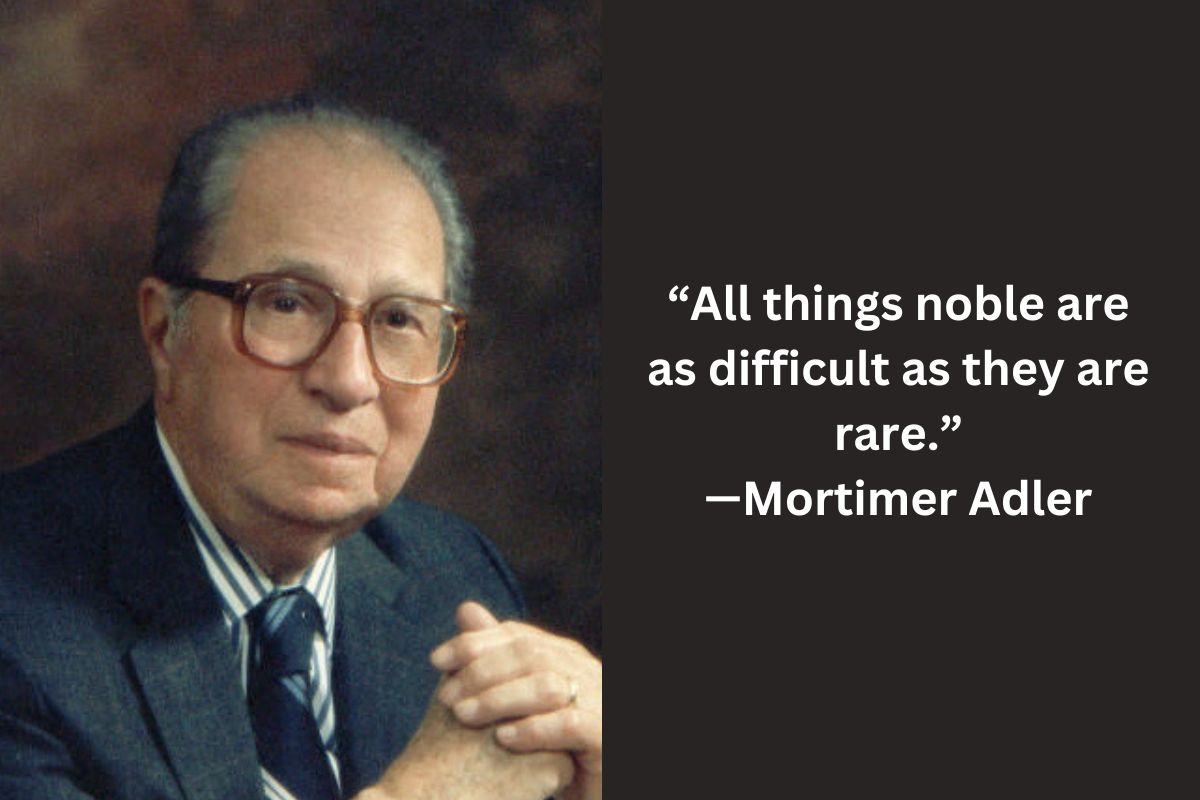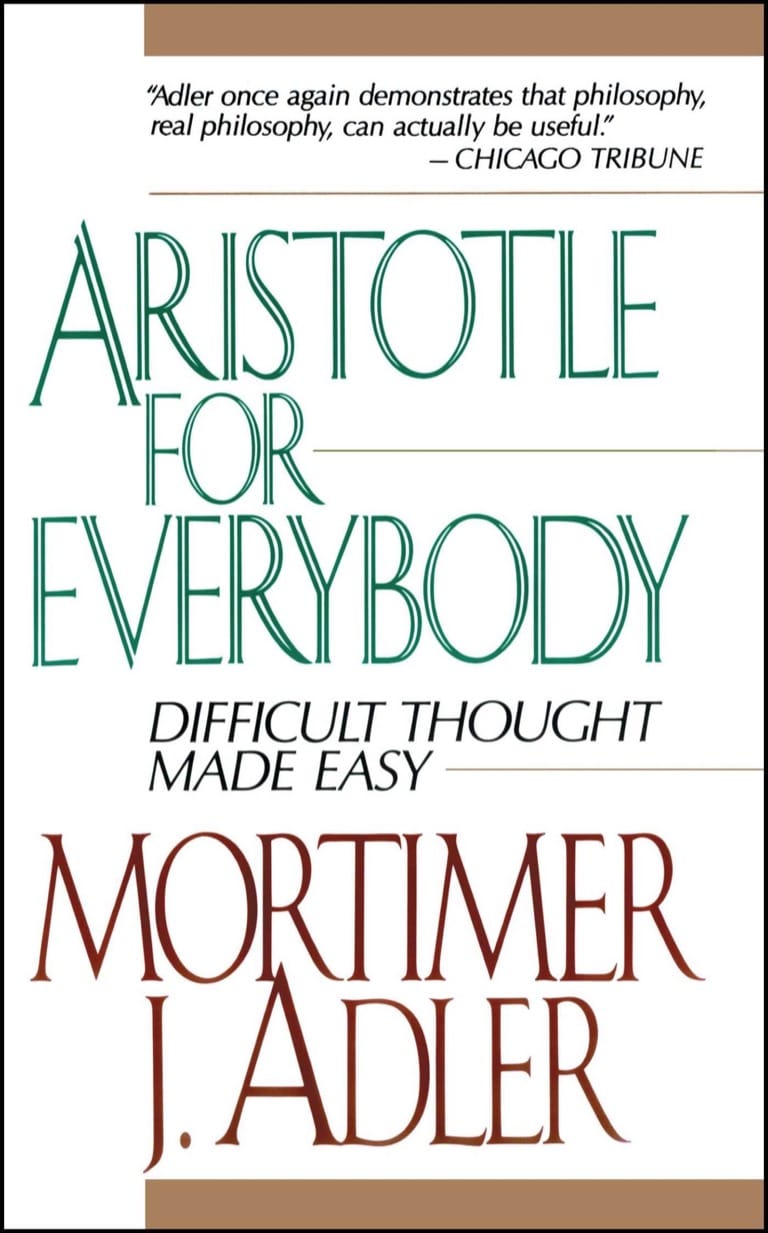 “Happiness is a very proud word of our whole cultural heritage,” Erich From said in a rare 1958 interview. “If you would ask people what their concept of Heaven is, and if they were honest, they would say it’s a kind of big department store with new things every week, and enough money to buy everything new.”
“Happiness is a very proud word of our whole cultural heritage,” Erich From said in a rare 1958 interview. “If you would ask people what their concept of Heaven is, and if they were honest, they would say it’s a kind of big department store with new things every week, and enough money to buy everything new.”
This distorted view perpetuated by our modern culture makes us believe that happiness lies in unlimited consumption. But what is real happiness? One might say there are as many definitions of happiness as there are people in the world, but in the video below prominent American philosopher, scholar, and educator Mortimer J. Adler argues that Greek philosopher Aristotle thought otherwise — there is only one true conception of happiness and it is the same for all people. The lecture highlights can be found below the video. Please enjoy.
ARISTOTLE’S HAPPINESS THEORY
Explained by Mortimer J. Adler
Happiness is not made by the pleasures we have, nor is happiness marred by the pains we suffer. Aristotle helps us see this by making a rather shocking statement that children can’t be happy. Young people he says, precisely because they are young are not happy nor for that matter unhappy. Aristotle writes:
A boy is not happy, owing to his age; boys who are called happy are being congratulated by reason of the hopes we have for them. For there is required not only complete virtue but also a complete life, since many changes occur in life, and all manner of chances, and the most prosperous may fall into great misfortunes in old age.
What Aristotle is saying is that what is required for happiness is a complete life which obviously no young person has while still young. A life must be completed before we can truly judge whether or not it has been a happy one. Towards the middle or before all we can say that it is becoming a happy life. Aristotle writes:
Certainly the future is obscure to us, while happiness, we claim, is an end and something in every way final. If so, we shall call happy those among living men in whom these conditions are, and are to be, fulfilled.
For Aristotle, a happy life is a good life, and a good life necessarily includes all other goods, such as health, wealth, friendship, knowledge, virtue. All these are constituent parts of happiness, and the happiness is the whole good of which these are constituent parts. Happiness is the only good which we seek for its own sake. Aristotle writes:
Happiness is desirable in itself and never for the sake of something else. But honor, pleasure, reason, and every virtue we choose indeed for themselves, but we choose them also for the sake of happiness, judging that by means of them we shall be happy. Happiness, on the other hand, no one chooses for the sake of these, nor, in general, for anything other than itself. Happiness, then, is something final and self-sufficient.
In light of this definition of happiness we can see why Aristotle claims that the pursuit of happiness takes a lifetime and the happiness is the quality of our whole human life. For more on Adler’s deep insight into Aristotle and his timeless wisdom, you can’t go wrong with his book Aristotle for Everybody: Difficult Thought Made Easy. In this book, he presents the great philosopher’s teachings in a current and lucid way, offering a unique path to insights and understanding of the difference between wants and needs, the proper way to pursue happiness, and the right plan for a good life.

I’m a freelance writer with 6 years of experience in SEO blogging and article publishing. I currently run two websites: MindfulSpot.com and OurReadingLife.com. While you’re here, get the latest updates by subscribing to my newsletter.





